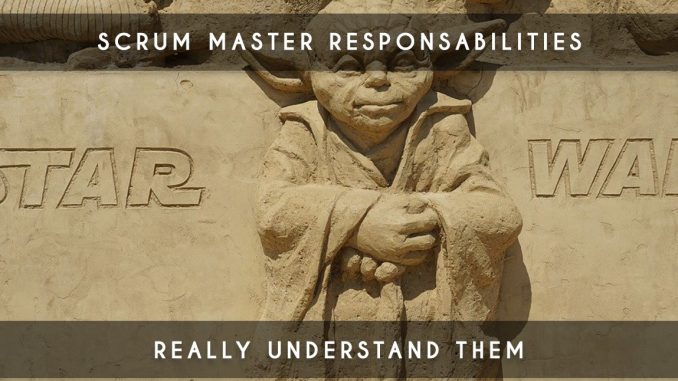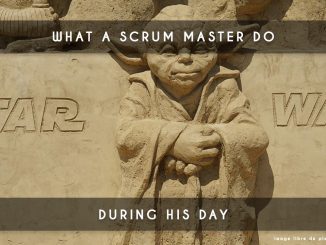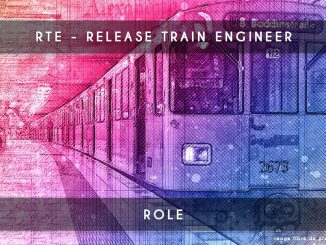
So, what exactly are the responsibilities of a Scrum Master? Let’s delve into the Scrum Guide to elucidate their responsibilities in this article.
Scrum Master Responsibilities
The role of the Scrum Master holds immense significance within the Scrum framework. Yet, many are uncertain about the precise Scrum Master responsibilities. It’s important to note that a Scrum Master isn’t a project manager or a conventional manager; rather, they are a Scrum coach.
The Scrum Master’s responsibilities encompass:
- Providing accurate information about Scrum
- Facilitating improved communication among individuals and teams
- Aiding the Scrum Team in maximizing value delivery capacity
- Functioning as a coach and servant leader for the Product Owner, the Development Team, and the broader organization
For the last point, it’s crucial to understand how the Scrum Master will coach each individual.
Coaching the Product Owner
The Scrum Master is responsible for coaching the Product Owner to enhance their skills. Here are some Scrum Master responsibilities for the Product Owner:
- Ensuring that goals are comprehended by everyone
- Assisting the Product Owner in adopting best practices for managing the product backlog
- Guiding the Product Owner in formulating clear product backlog items (typically user stories)
- Enhancing product planning in an empirical environment
- Reviewing the well-ordered structure of the product backlog with the Product Owner
- Providing support for facilitating ceremonies if the Product Owner requires assistance
As evident, the Scrum Master’s responsibilities are multifaceted. Notably, the Scrum Guide doesn’t establish a hierarchical relationship between these roles.
Coaching the Development Team
The Scrum Master, acting as a servant-leader, also holds responsibilities towards the Development Team. Here are some Scrum Master responsibilities concerning the Development Team:
- Coaching the team towards autonomy and cross-functionality
- Guiding the Development Team in delivering a quality product effectively
- Removing impediments that hinder the team’s progress
- Offering support for facilitating ceremonies if the Development Team requires assistance
- Coaching the team to thoroughly grasp Scrum and its optimal application
It’s important to underline that while the Scrum Master supports and coaches the team, they aren’t the team’s manager. Some agile coaches recommend that the Scrum Master allows the team to address manageable impediments independently.
Coaching the Organization
This servant-leader collaborates with the entire organization, extending beyond the confines of the Scrum Team. Here are Scrum Master responsibilities within the organization:
- Assisting the organization in adopting Scrum practices
- Planning the implementation of Scrum
- Enabling organization members to comprehend Scrum and its foundational principles
- Identifying areas for improvement to enhance team productivity
- Collaborating with other Scrum Masters to enhance inter-team interaction and the outcomes of Scrum
Evidently, the Scrum Master’s responsibilities transcend the confines of the Scrum Team and extend to the entire organization.
Conclusion: Scrum Master Responsibilities
To conclude, it’s crucial to understand that a Scrum Master is not a project manager but a genuine servant leader. While some companies might overlook the significance of this role, it’s a misconception. This role holds paramount importance and is indispensable for augmenting the team’s capacity to deliver high-value outcomes.




1 Trackback / Pingback